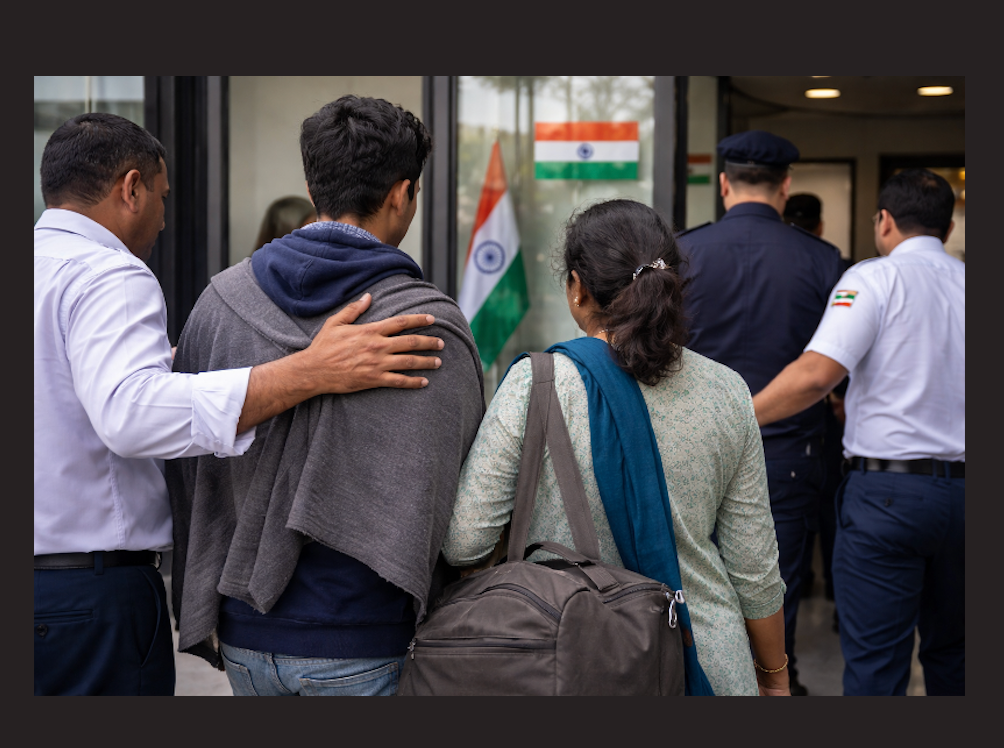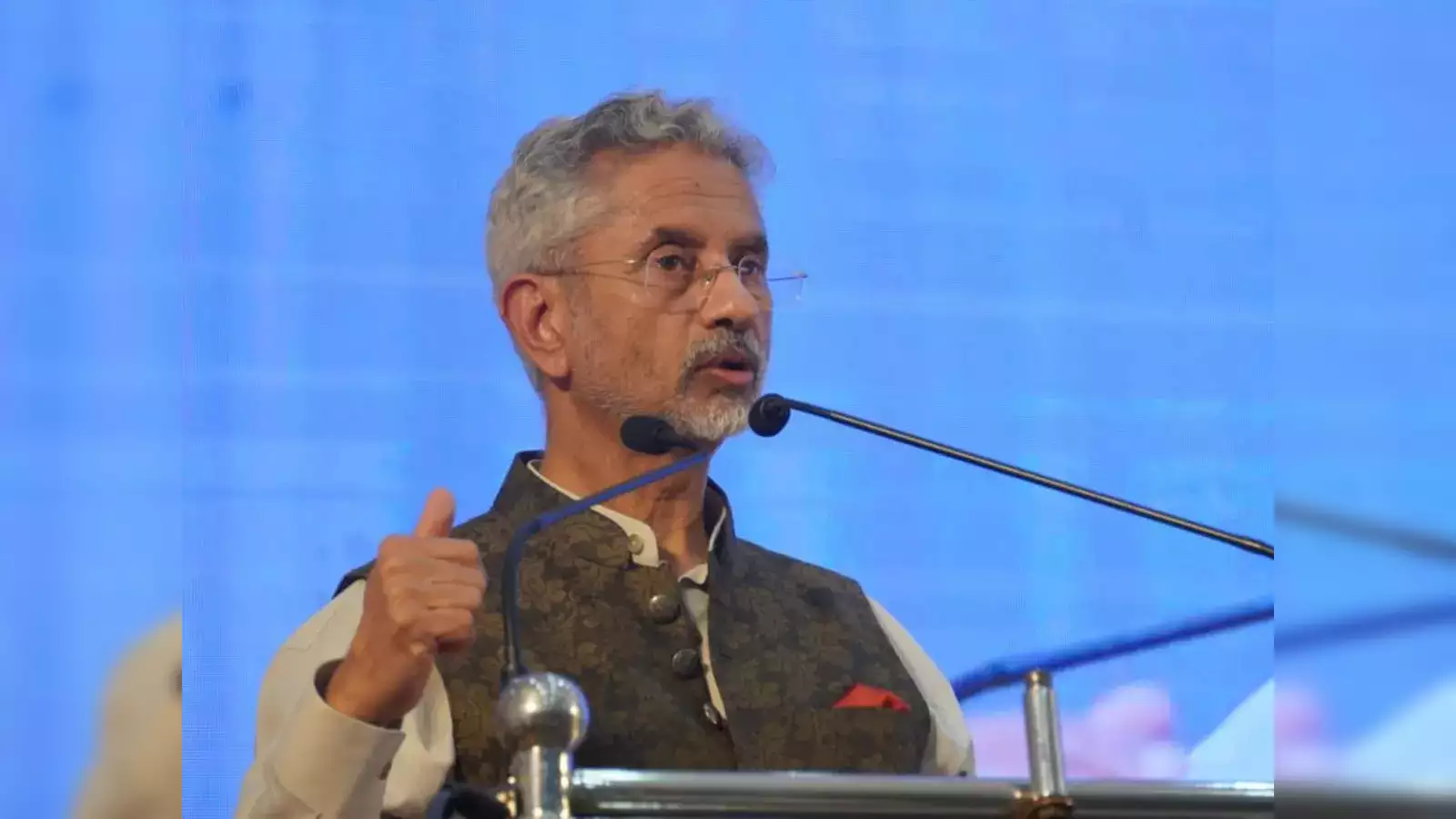In a pivotal move aimed at curbing irregular migration and safeguarding vulnerable migrants, the United States has announced a robust visa restriction policy targeting the owners, managers, and senior officials of charter flights, as well as ground and maritime transportation companies facilitating the irregular migration of individuals from Third World countries to the US, reported nriaffairs.com.
The recent announcement by the US State Department signifies a significant escalation in efforts to combat the proliferation of so-called “Dunki” flights, which have emerged as a critical conduit for irregular migration. This policy marks a departure from conventional approaches, underscoring the gravity of the situation and the imperative for decisive action.
This latest policy directive builds upon and supersedes the Nicaragua 3C policy on charter flights issued in November of the previous year. The genesis of this initiative traces back to the alarming surge in charter flights directed towards Nicaragua, primarily catering to irregular migrants. A notable incident involved the detention of 276 Indian nationals aboard a charter flight to Nicaragua in December, raising concerns of human trafficking.
The announcement of enhanced visa restrictions targeting stakeholders involved in facilitating irregular migration underscores the resolve of the United States to confront this pressing issue head-on. By disrupting the profitability of exploitative practices and fostering collaborative initiatives, the US endeavors to stem the tide of irregular migration while safeguarding the rights and dignity of vulnerable migrants
A discernible trend has emerged wherein charter flight companies offer passage to migrants, often charging exorbitant fees, and subsequently directing them onto perilous overland routes towards the US border. Many of these migrants lack a legal basis for entry into the United States and are ultimately repatriated, having expended significant resources and exposed themselves and their families to grave risks along the journey.
The core tenet of the new policy is the unequivocal assertion that no entity should profit from the vulnerability of migrants. This encompasses a broad spectrum, ranging from smugglers and private enterprises to public officials and governments. The US State Department has emphasized its commitment to engaging with both governmental and private sector stakeholders, within and beyond the region, to eradicate this exploitative paradigm.
Recognizing the transnational nature of irregular migration, concerted efforts are imperative to address this multifaceted challenge comprehensively. Collaboration between governments and the private sector assumes paramount significance in dismantling the infrastructure that sustains and perpetuates irregular migration. By fostering synergies and leveraging collective expertise, stakeholders can effectuate tangible progress towards the shared goal of safeguarding migrants and upholding the integrity of immigration systems.
The announcement of enhanced visa restrictions targeting stakeholders involved in facilitating irregular migration underscores the resolve of the United States to confront this pressing issue head-on. By disrupting the profitability of exploitative practices and fostering collaborative initiatives, the US endeavors to stem the tide of irregular migration while safeguarding the rights and dignity of vulnerable migrants. This proactive stance exemplifies a concerted commitment to advancing the principles of justice, security, and human rights on a global scale.
***********************************************************************
Readers








